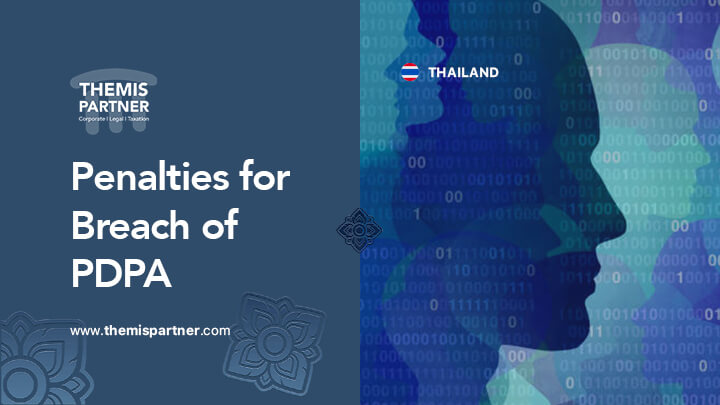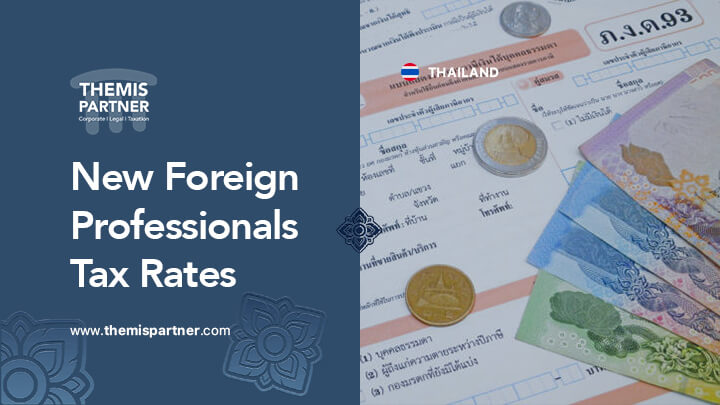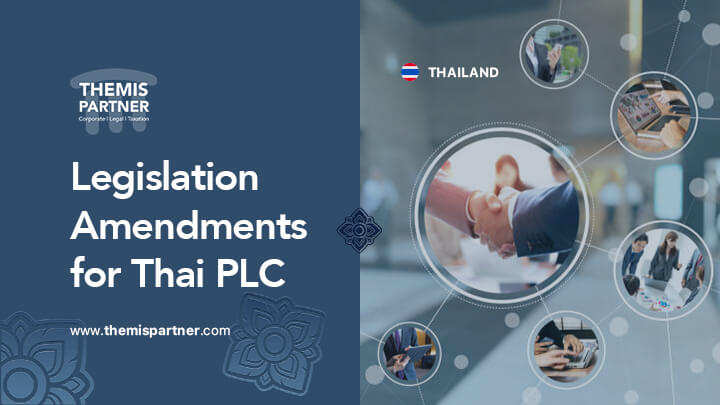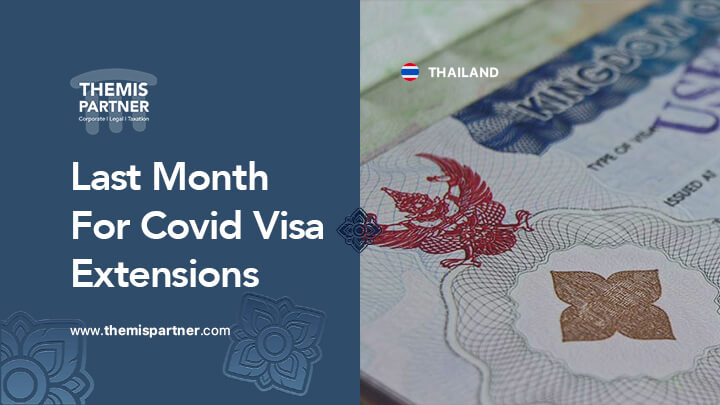It is important that a contract be well drafted to ensure the protection of both the franchisor and the franchisees. Both parties have different issues to consider, the franchise agreement must strike a good balance between the two interests.
First of all, Thai law does not impose any notification or registration requirement for a franchisor/franchisee relationship.
The relationship between the franchisee and the franchisor is essentially contractual, but this contractual relationship is subject to various laws and regulations:
In addition, on December 6, 2019, the Notification Regarding the Guidelines for the Consideration of Unfair Trade Practices in Franchise Businesses was issued to prevent franchisors from adopting overly restrictive and unfair contractual terms that are deemed to potentially cause harm to franchisees. The notification will take effect on February 4, 2020.
The notification imposes two main obligations on the franchisor:
The obligation to disclose material information relating to the franchise. Before entering into a franchise agreement, the franchisor must disclose material information to the franchisee, such as details about:
The obligation to notify and offer the right of first refusal to the nearest franchisee. If the franchisor intends to open and operate a new branch in the vicinity of the franchisee’s area of operation, the franchisor is required to first offer the franchisee in that area the right to operate the branch.
It is recommended that franchisors carefully implement their franchise systems, and follow the notification guidelines. It is advisable to look to the Commission’s decisions and the Thai Supreme Court cases that have set a precedent for “unfairness”.











